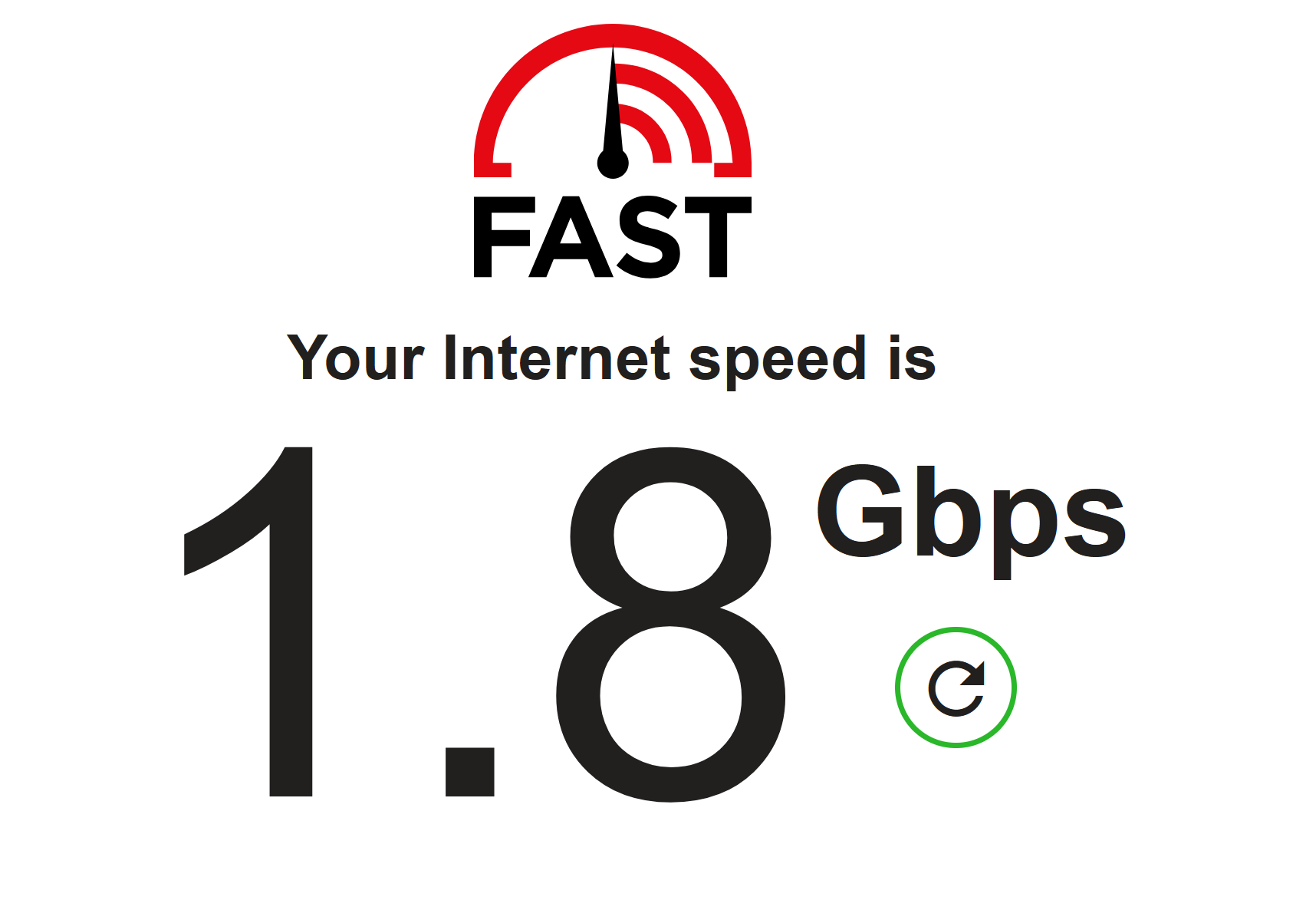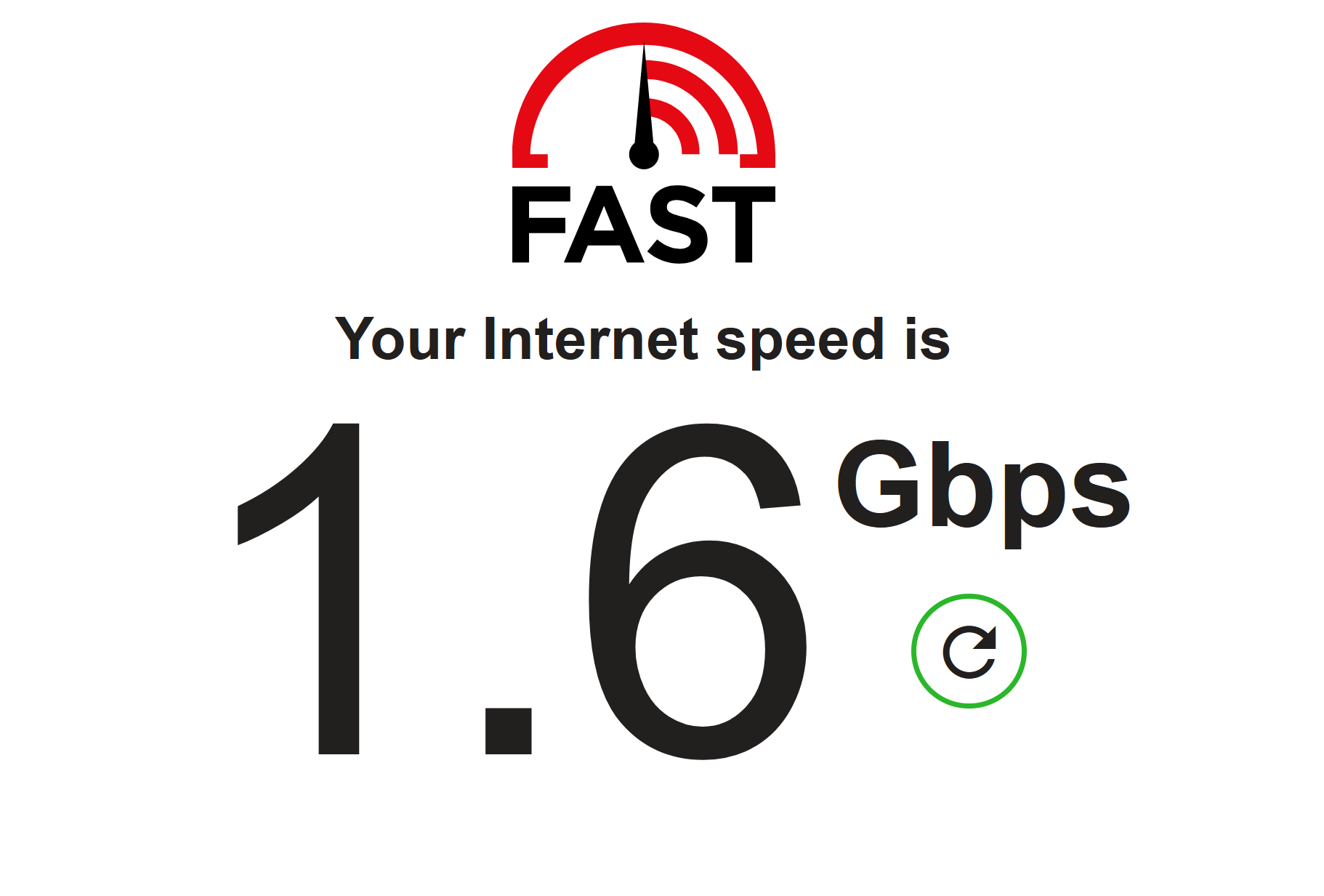Upgrade 2nd Gen i5 to 2nd Gen i7?
-
I’ll check. Don’t have any additional packages installed. NUT doesn’t register as a package.
Says this in Logs.
Disk space currently used by log files: 6.3M
Edit: Looked at all folders with WinSCP. Nothing is large. Since I’m going to swap to new SSD’s next weekend, use ZFS, I think ZRaid1, not going to worry too much about this now. If this was Windows I’d know how to check and clean up partitions. I have no idea with BSD.
-
You can l use the 'du' command to dig into the usage, for example:
du -k -d 1 / -
Looking now. That doesn’t clean anything up though does it?
The directory I have with a bunch of files, some larger than most, is the debug directory, usr/lib/debug
4 /.snap 4 /dev 102098356 /usr 235995 /var 5040 /sbin 992 /cf 4 /media 11476 /rescue 168 /tmp 4 /mnt 192 /libexec 20 /conf.default 12540 /lib 540824 /boot 4 /net 7796 /etc 4 /proc 36 /root 1304 /bin 4 /home 102947595 / -
What is in /usr/lib/debug? That is <100MB on installs here.
-
Lots of stuff.
Here’s just an example:
libbsdxml.so.4.debug
333.07 KiB
libc.so.7.debug
6883.53 KiB
libcam.so.7.debug
402.61 KiB
libcrypt.so.5.debug
90.95 KiB
libcrypto.so.111.debug
6383.15 KiB
libctf.so.2.debug -
Biggest file I have in USR so far /usr/local/www:
apctest.output
100876032.02 KiBThat’s it yes? That’s a file from the apcud program?
Not sure why its so big.
I deleted it. Had to use my Windows laptop and Winscp. PFsense choked trying to load it.
NOW 2.0G of 285G 1% of 285G(UFS)
Nice catch.
-
Mmm, yeah, that definitely shouldn't exist! I wonder what generated that? Looks like the output from a test function, maybe it got stuck running continually? Did you initiate a test at any time?
Anyway 2GB is much more reasonable!

-
Good morning and happy New Year.
I installed it. It wasn't reading correctly, fooled around a bit. Uninstalled it, tried again, read a couple of threads on it, uninstalled a second time. Installed NUT and moved on. Something in double installing it?
There was nothing I could read in the file. As noted PFSense choked because it was so large. Downloaded it to my laptop with WinSCP. Still nothing.
I got cross eyed looking through endless directories to find it. Luckily the college football games were boring.
I have 2 64gb SSD's coming. Thinking about not. 2gb+SSD's reliability I'm not worried about size, failure and redundancy. Even if a drive fails, its just PFSense. Install in minutes, restore saved backup config.xml and boom, back in business. I'm not worried about space, critical database or gigs of archived media files on a Plex server.

-
please read!
from experience, don't buy anything that supports hyperthreading!!
it works for workstations and all other things, but for firewalling, the wait states will kill your throughput. like, to the tune of 30% or more... again, i know from experience.
my first pfsense box was built from an old dell optiplex 790 with an i7-2600k. i brought the ram to 16gigs and installed an SSD, along with an intel i340 nic.
initially, hyperthreading was enabled, and on my 100x5 comcast connection, the most i got was 75down, maybe?
learning pfsense and doing my research, i came across an article describing the engineering behind it all and how hyperthreading was bad in this instance. one day i finally went into the bios and disabled hyperthreading..next time i performed a speedtest..... it WHACKED 120Mb down and 6 up... so, yeah.. don't bother.
my next cpu will probably be an i5-8500..
hope that helps!
-
Well you can turn it off in the system bios with the i7's.
I have completed my refresh. Did so yesterday.
Tested the i7 with hyperthreading enabled, with it disabled.
I find no performance difference either way. I run anywhere between 1.4 and 1.8 gbs with or without hyperthreading. I am aware the recommendation is turn hyperthreading off.
Targeted stuff that could or may already be worn out.
Power supply.
All fans including adding an additional case fan.
Thermal paste. The old stuff was so dried and cracked had to scrape it off.
Cables.
SSD.The i5 under load was running about 48 degrees.
The i7 under load in the high 20's.
Expected it to be higher. Non-working thermal paste and the old fan wasn't helping the i5 stay cool.
I was looked for a power supply 300-350 watt range. Don't need a huge one and not going to put in honking video card needing a PCI-e power plug. However the EVGA 510 watt was on sale cheaper than the 300-350's. It is "short" so it fits nicely into the Dell 390 tower case and leaves room to spare for cabling.
I expected more hassle with the fans. Dell proprietary nonsense. Didn't have any issues.
Was going to do 2 smaller SSD's and do ZFS raid. Was on track to do so. Decided for what it is and how easy it is to restore did not need any raid kind of setup for PFSense in my case. As it was 120gb SSD's were ONE dollar more than 64gb. Did one 120. Woulda done a 32 if I could find them and they were cheaper than the 120's.
Learned one critical piece of information. A custom loader.conf.local does not save with the backup. Was able to pull the old one off the Seagate hard drive so no harm no foul. Next time copy it to my PC. Any customized .conf file. Or have copies of them kept on file.
Cost was around 130 for it all including CPU.
The 390 was free.
Had it to do over again, probably get a 3010 motherboard and a 3rd gen i7. Motherboards are the same except for ability to take the 3rd gen CPU's. What is amazing to me anyway is you can still buy new 390's or 3010's motherboards. NEW. 50 bucks for a new 390. 70 for a new 3010. I would not do a 3020 because of its proprietary power plug.
-
Mmm, I'm not really aware of an issue with hyperthreading in any recent version. There was a time when it was a much bigger issue but we are talking about the Pentium 4 era. I've never seen any measurable throughput reduction. I would expect any i7 to move 100Mbps with one thread and not break a sweat.
Steve
-
Turning hyperthreading off is one of the tweaks in several of the "Here's how you maximize PFSense" threads.
CPU with it off or on hits 1% most of the time. 3% when I run Speedtest.
-
my point was, since he's talking about using a 2nd generation intel, as you know the main difference between the i5 and the i7 is the addition of hyperthreading, and if he's thinking about swapping to an i7 just because he thinks there will be a performance boost, it could end up working against him, and therefor not worth it..
if you're gonna upgrade, jump to an i5-8500 or better, and focus on the cpus that lack hyperthreading.. yes, you can disable it in the bios, but if you're going to do that, why bother paying extra for a feature you won't use..?
-
Thanks again. I am using Hyperthreading. I have no performance hit. I didn't upgrade expecting a huge improvement. I did primarily because it was possible and was so for very little money. I also knew I needed to refresh older components. So while I had the thing broken down, updating the CPU made sense. If it was more than 40 or 45 bucks, wouldn't have.
To update to an 8500 I'd need a new motherboard. Defeats the goal of spending very little money.
It is interesting the thing is running significantly cooler than the i5. Some of the difference has to be new thermal paste and new CPU fan. But can't be the only reasons.
The i7-2600 is not just an i5-2400 with hyperthreading.
Why is Intel Core i7-2600 better than Intel Core i5-2400?
9.68% faster CPU speed 3.4GHz vs 3.1GHz 4 more CPU threads 8 vs 4 43.56% higher PassMark result 8328 vs 5801 0.4GHz higher turbo clock speed 3.8GHz vs 3.4GHz 2MB bigger L3 cache 8MB vs 6MB 11.73% higher PassMark result (single) 1915 vs 1714 0.5MB/core more L3 cache per core 2MB/core vs 1.5MB/core 165million more transistors (1160 million vs 995 million)You are 100% correct in terms of end use. I barely touched the capability of the i5. Would have been just fine to leave it be. I would not advise anyone to do so as if doing so would give a performance boost in PFSense.
-
Hyperthreading enabled.

Hyperthreading disabled.
